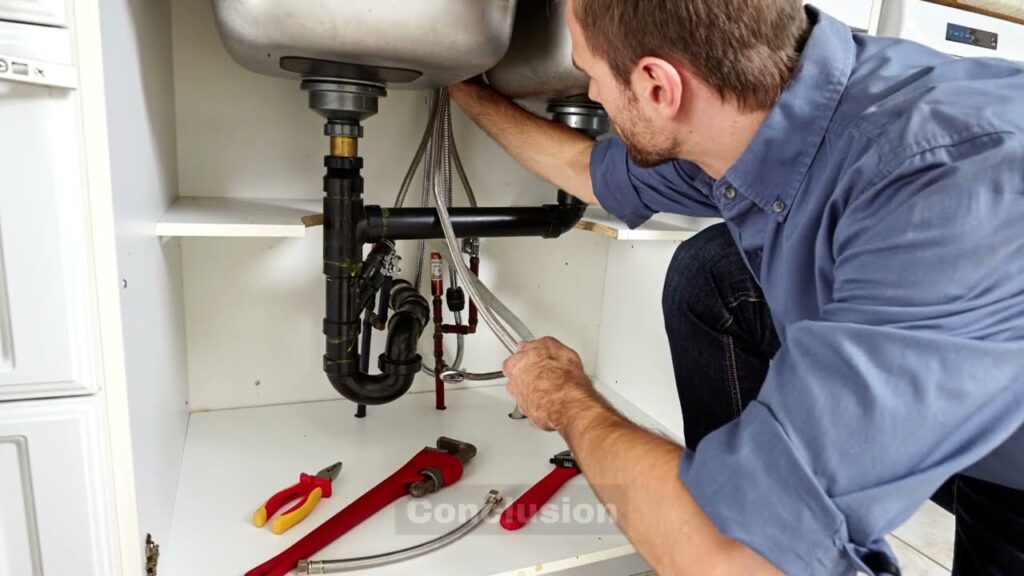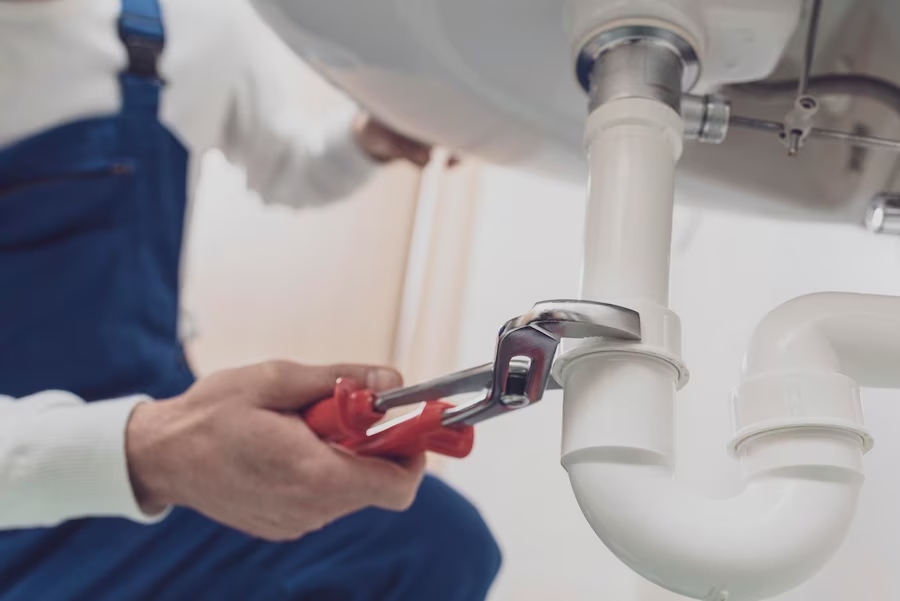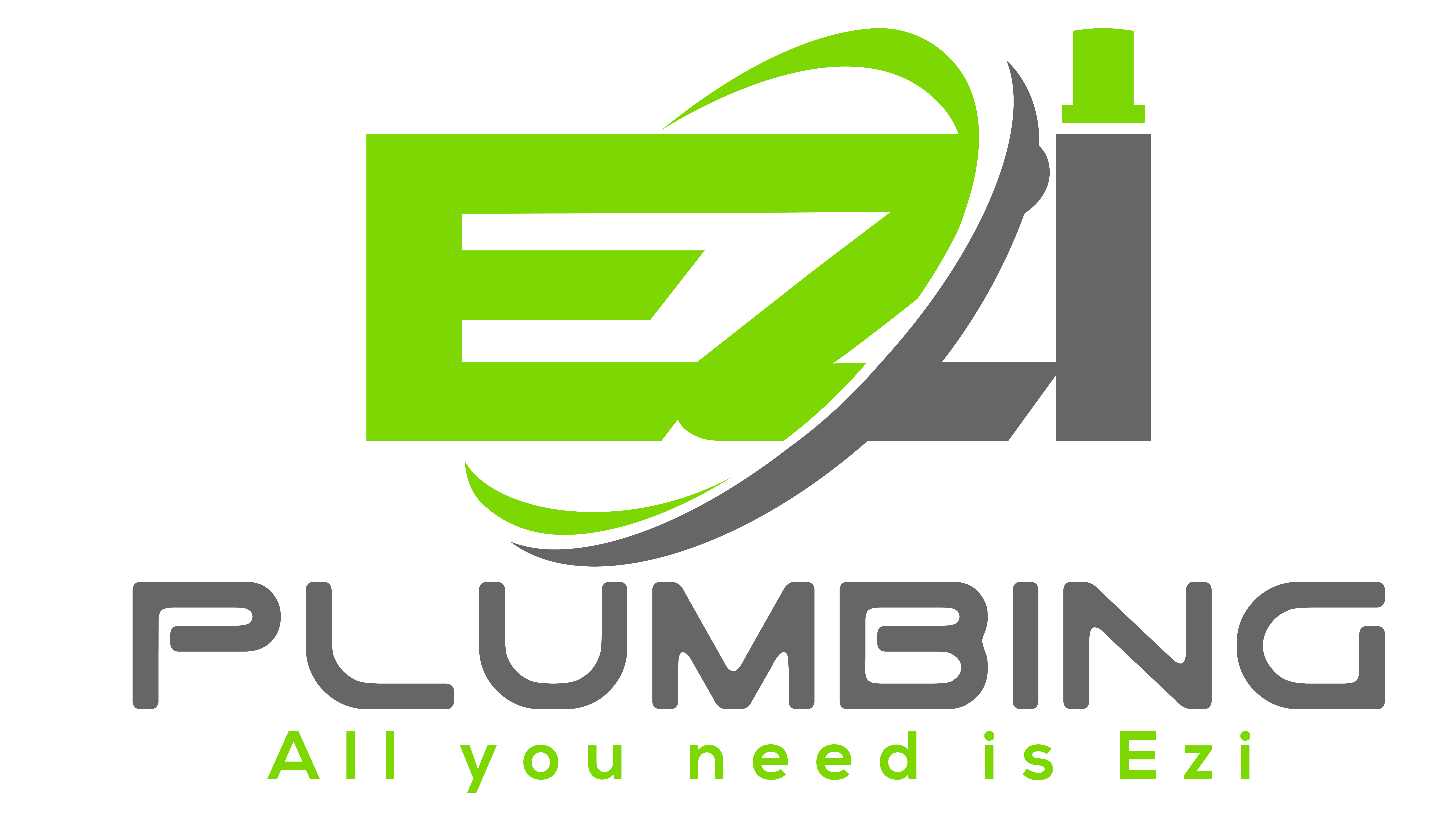In the realm of household mishaps, few things can throw a wrench in your plans quite like a plumbing emergency. From burst pipes to overflowing toilets, these unexpected crises have a knack for occurring at the most inconvenient times, leaving homeowners scrambling for a solution. But how do you know when it’s time to throw in the towel and call for professional help? In this blog post, we’ll delve into the telltale signs that indicate it’s time to dial up the experts. Whether you’re facing a minor leak or a full-blown plumbing catastrophe, knowing when to seek assistance can mean the difference between a quick fix and a costly disaster. So, grab a cup of coffee, take a deep breath, and let’s explore the world of emergency plumbing: when to call for help.
Understanding the Signs: When to Call an Emergency Plumber
Plumbing issues can strike unexpectedly, turning a seemingly ordinary day into a stressful situation. From minor leaks to major floods, knowing when to call for emergency plumbing assistance is crucial for preventing extensive damage to your home and property. In this guide, we’ll delve into the signs that indicate it’s time to summon the expertise of an emergency plumber, ensuring prompt intervention and swift resolution to plumbing emergencies.

- Sudden and Severe Leaks: One of the most obvious signs that you need to call an emergency plumber is the presence of sudden and severe leaks. Whether it’s a burst pipe, a malfunctioning water heater, or a damaged appliance, leaks can cause significant water damage within a short span of time. If you notice water gushing or pooling in your home, don’t hesitate to contact an emergency plumber immediately to assess and address the issue before it escalates further.
- Complete Loss of Water Supply: A sudden loss of water supply throughout your home can indicate a serious plumbing problem that requires immediate attention. While occasional fluctuations in water pressure are normal, a complete absence of water flow is cause for concern. This could be due to a variety of issues, such as a ruptured pipe, a main water line break, or a malfunctioning water pump. In such cases, it’s essential to contact an emergency plumber to diagnose and rectify the issue promptly.
- Sewage Backup or Overflow: Dealing with a sewage backup or overflow is not only unpleasant but also poses serious health risks to you and your family. If you notice sewage backing up into your sinks, toilets, or drains, it’s imperative to act swiftly. Sewage backups can result from clogged or damaged sewer lines, tree root infiltration, or sewer system malfunctions. Calling an emergency plumber as soon as possible is crucial for containing the contamination and restoring proper sewage flow.
- Persistent Drainage Issues: While occasional slow drains may not warrant emergency plumbing services, persistent drainage issues can signal an underlying problem that requires professional attention. If multiple drains in your home are slow to empty or consistently clogged despite attempts to clear them, it could indicate a blockage in the main sewer line or a more complex plumbing issue. Rather than relying on temporary fixes, enlist the expertise of an emergency plumber to diagnose and resolve the underlying cause.
- Unusual Noises or Odors: Strange noises emanating from your plumbing system, such as gurgling, bubbling, or banging sounds, can indicate potential issues that require immediate investigation. Similarly, foul odors emanating from drains or fixtures may signal sewer line problems or sewage backup. Ignoring these auditory and olfactory cues can lead to worsening plumbing issues and extensive damage over time. Contacting an emergency plumber to investigate and address these anomalies can help prevent further damage and ensure the health and safety of your home.
Common Plumbing Emergencies and How to Handle Them
Plumbing emergencies can strike without warning, causing chaos and disruption to your daily routine. Knowing how to identify and handle common plumbing emergencies is essential for minimizing damage, ensuring safety, and restoring normalcy to your home. In this comprehensive guide, we’ll explore some of the most frequent plumbing emergencies homeowners encounter and provide practical tips on how to address them effectively.

Burst Pipes
Burst pipes are among the most alarming plumbing emergencies, capable of causing extensive water damage within minutes. If you discover a burst pipe in your home, follow these steps: Shut off the main water supply immediately to prevent further flooding: Open faucets to relieve pressure and drain excess water from the affected pipe: Use towels, buckets, or a wet-dry vacuum to remove standing water and minimize damage: Contact an emergency plumber to repair or replace the burst pipe and restore water supply to your home.
Overflowing Toilet
An overflowing toilet is a common plumbing emergency that requires prompt attention to prevent sewage backup and contamination. If your toilet is overflowing, take the following steps: Turn off the toilet’s water supply by locating the shut-off valve near the base of the toilet and turning it clockwise. Use a plunger to attempt to clear the clog and alleviate the overflow. If plunging is unsuccessful, refrain from flushing the toilet further and contact a plumber for professional assistance.
Water Heater Malfunction
A malfunctioning water heater can disrupt your access to hot water and indicate underlying issues that require attention. If you encounter problems with your water heater, consider the following actions: Check the pilot light on gas water heaters to ensure it’s lit. If not, follow manufacturer instructions to relight it safely. For electric water heaters, check the circuit breaker to ensure it hasn’t tripped. If these troubleshooting steps fail to resolve the issue, contact a plumber to diagnose and repair the water heater.
Clogged Drains
Clogged drains are a common nuisance that can lead to backups and slow drainage throughout your home. When dealing with a clogged drain, try the following remedies: Use a plunger to attempt to dislodge the clog by creating suction. Try using a drain snake or auger to break up and remove stubborn blockages. Avoid using chemical drain cleaners, as they can damage pipes and exacerbate the problem. If DIY methods are ineffective, enlist the help of a professional plumber to clear the clog safely and effectively.
Sewer Line Backup
A sewer line backup poses serious health risks and requires immediate attention to prevent contamination and property damage. If you suspect a sewer line backup, take the following precautions: Avoid using sinks, toilets, or drains until the issue is resolved to prevent further backups. Contact an emergency plumber to inspect the sewer line and determine the cause of the backup. Professional equipment, such as sewer cameras, may be used to identify blockages or damage within the sewer line. Once the problem is diagnosed, the plumber can recommend appropriate repairs or replacement to restore proper sewage flow.
Conclusion
Recognizing the signs of plumbing emergencies and knowing when to call for professional help is crucial in maintaining the integrity of one’s property and ensuring the safety and comfort of its occupants. With services readily available from businesses like EZI Plumbing in Chain Valley Bay, NSW, Australia, homeowners can swiftly address plumbing issues before they escalate into costly and potentially damaging situations. By promptly contacting expert plumbers when faced with leaks, burst pipes, or other plumbing emergencies, individuals can mitigate the extent of damage, minimize inconvenience, and restore normalcy to their homes efficiently. EZI Plumbing’s contact details, such as their phone number (+61 448467788), serve as a valuable resource for residents in need of reliable assistance, emphasizing the importance of proactive maintenance and timely intervention in safeguarding residential plumbing systems.

